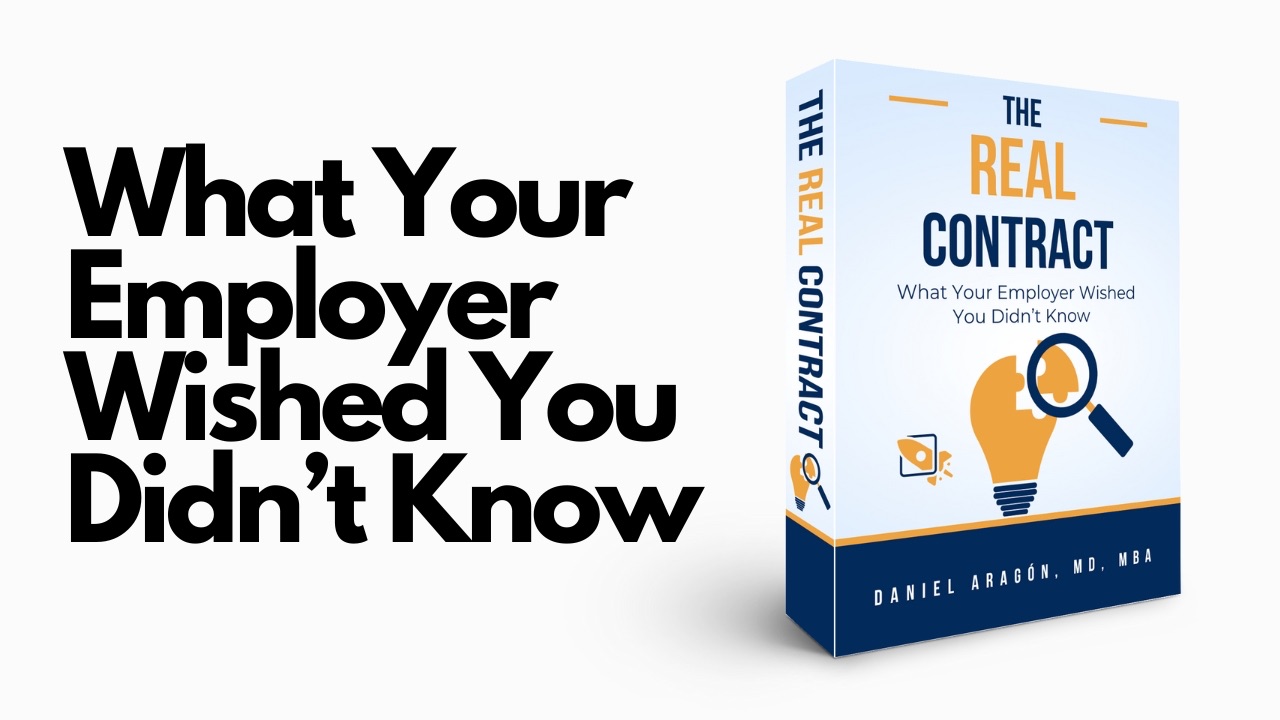
How to Negotiate Honoraria in Your Physician Contract
Many physician contracts contain clauses stating that any payments you receive for medical-related services must be handed over to your employer.
That means compensation from speaking engagements, chart reviews, medical director roles, and expert witness work could legally belong to the group—even if your employer played no role in securing those opportunities.
If you don’t negotiate this clause, you could be giving up thousands of dollars in extra income each year.
Why Employers Include This Clause
Hospitals and medical groups often justify these restrictions by arguing:
💰 "We pay your salary, so any additional revenue from your medical expertise should belong to us."
🏥 "You’re using our resources, reputation, and time to generate these earnings."
📑 "We need to prevent conflicts of interest and ensure our physicians are fully committed to the practice."
While some of these concerns may be valid, many outside activities—especially those done on personal time—have no direct connection to your employer’s practice.
Your expertise is yours. You should be compensated for the work you do outside of your primary job.
What You Can Do to Protect Your Outside Income
✅ Negotiate a Minimum Threshold
Request that the first $10,000 (or more) of outside earnings remain 100% yours.
Anything beyond that amount can be subject to the group’s policy. This compromise ensures that you retain a fair share of your additional income while addressing the employer’s concerns.
✅ Request a Waiver for Certain Activities
Not all outside work benefits your employer.
If you secure speaking engagements, conduct expert witness work, or do chart reviews on your own time and without using employer resources, ask for an exemption clause that allows you to keep these earnings.
Examples of work you might want excluded from employer control:
- Speaking Honoraria – If a conference pays you to speak, that money should be yours.
- Expert Witness Fees – You’re being hired for your medical opinion, not your employer’s name.
- Chart Reviews for Attorneys or Insurance Companies – Done on your own time, this does not involve your employer.
- Medical Director Fees for Outside Organizations – If a third-party organization hires you, your employer should not be entitled to that pay.
Steps to Take Before Signing Your Contract
📌 Read your contract carefully. Don’t assume you automatically keep outside income.
📌 Clarify what “related services” means. If your employer claims everything is connected, push back.
📌 Determine if there’s an income-sharing agreement. If so, negotiate a fair percentage.
📌 Ask for a clear exemption clause. If work is done outside your employed hours, it should belong to you.
📌 Have a contract lawyer review it. They can spot loopholes and help you negotiate favorable terms.
Final Thoughts
Your time, expertise, and extra work belong to you.
If your employer isn’t contributing to those outside opportunities, they shouldn’t be entitled to that income.
Negotiate before you sign so you don’t unknowingly give away thousands of dollars in extra earnings each year.
Want to make the most of your lawyer’s time? Learn how to prepare for your contract review and negotiate effectively with The Real Contract Course.




